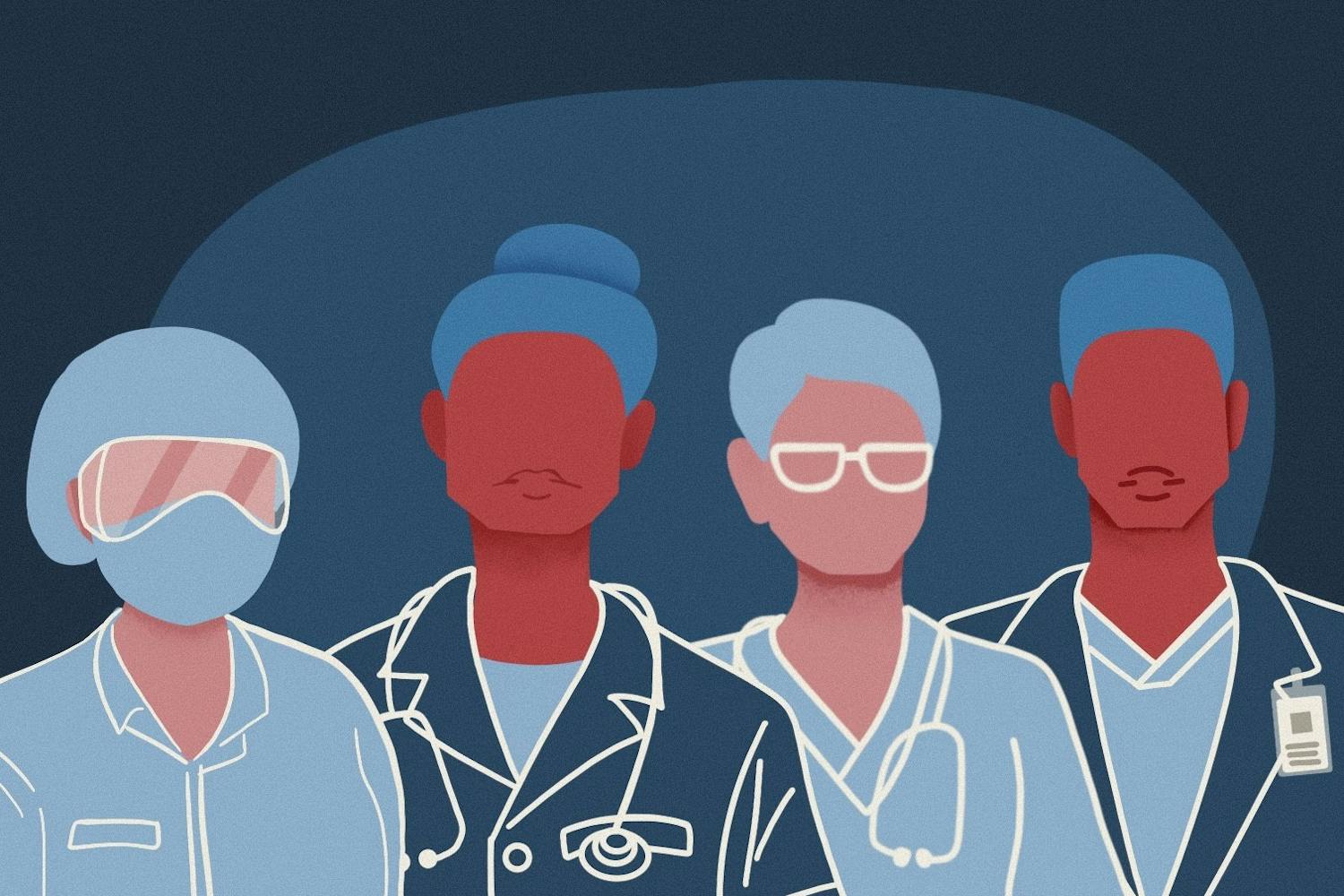Two recent revelations make it clear: We don’t know much about what works in education.
The first revelation is no secret to anyone who’s been a teenager. According to sleep researchers at the Mayo Clinic, adolescents require at least nine hours of sleep to fully function, and with circadian rhythms changing to keep many teens up until 11 p.m. or later, that wake-up call comes far too early. Test scores lag, moods change — and much of it could be avoided by moving high school start times later.
This research is not necessarily new. But it is illustrative of a theme.
The other revelation comes in a recent Amanda Ripley Atlantic story, which cited Teach for America’s years-long compilation of data on what great teachers have in common.
Teach for America’s data, compiled over years of evaluating the performance of its teachers, reveals a portrait of teaching as the systematic triumph over obstacles. The best teachers, the article argues, are the ones who are constantly tinkering, constantly striving to find a better way to teach.
The skill set that is rewarded in teaching is not extroversion, intellectual brilliance or emotional connection, but the dogged commitment to overcome problems on a daily basis. In teaching, as in life, perspiration trumps inspiration.
In many ways, perspiration even trumps training. Teach for America’s data also suggests that a master’s degree in education does not substantially affect classroom performance.
These findings raise an obvious question, though Ripley skirts it. If teaching depends less on training and extroversion than on perseverance and determination, perhaps the best possible teachers don’t have teaching degrees.
This research intersects nicely with a Brookings Institution study that finds several other long-held assumptions about teaching invalid.
First, the study holds, teaching certification has little to do with teacher effectiveness. Second, teachers can and should be evaluated on a year-by-year basis.
If teaching success can be measured, and can be achieved regardless of certification status, then the door seems open to any number of reforms.
Perhaps school districts could institute some kind of performance-based pay. Perhaps schools could recruit teachers among high performers — the kind of students who demonstrate perseverance — in other degree fields than teaching. Perhaps legislators could further explore ways to reward and encourage innovative schools, rather than regulate schools into mediocrity.
The point is this: The things we have taken for granted in education often don’t work.
If, as seems clear, we know less than we thought we did about who can teach and when school should start, perhaps all of education should be subjected to a critical review.
The public school model is outdated. To truly change the way students learn, schools should be free to experiment. To hire economics graduates to teach math and published poets to teach literature. To experiment with pay. To offer specialized one-on-one tutoring services for extra pay, like the private sector has done. To establish more tuition scholarship funds. To teach students marketable skills like Web design. To innovate.
Not every idea will work. But like the teachers who constantly adapt their methods to succeed, schools that constantly seek ways to provide a better product to students and their parents will eventually change the way learning happens in America.
Reach Will at wmunsil@asu.edu



